Artists from NORÐ at Nordic Matters Festival in London
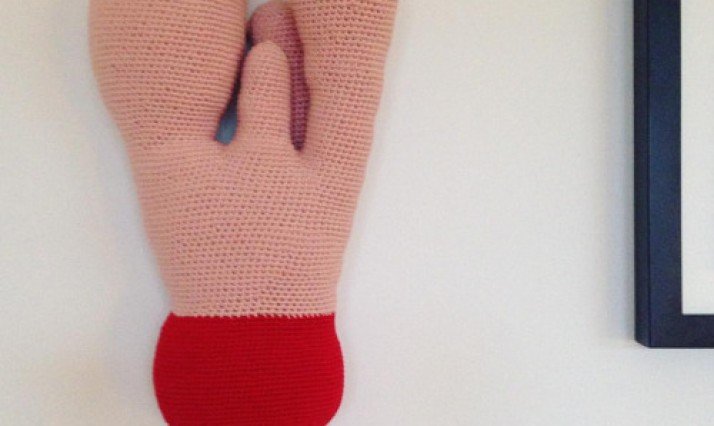
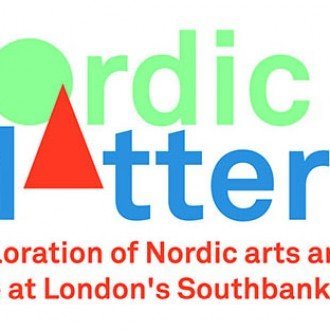
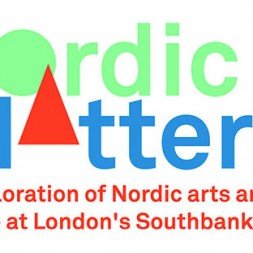
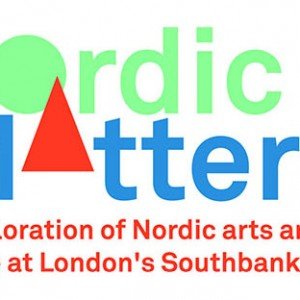
Nordic Matters is taking place from January (December 2016) to December 2017 at Southbank Centre in London. The festival is an initiative by The Nordic Council of Ministers in collaboration with the Southbank Centre in London. It is a yearlong festival that celebrates Nordic art and culture. It features a variety of music, dance, theatre, visual arts, talks and debates, and gastronomy, which all too some extent focus on equality, sustainability and play with key cultural and artistic figures from the Nordic countries.
Faroese Jens L. Thomsen and Randi Samsonsen are two of the contributing artists in the festival. DCI has interviewed the two about their contributions to the Festival; how these can be understood in terms of equality, sustainability and play, and to get a sense of what makes the Faroe Islands as well as the North an interesting part of the world.
Randi Samsonsen held a workshop on Faroese knitting-culture and Jens L. Thomsen is producing a soundscape mapping the Nordic countries, to be played back through loudspeakers in the venue for the festival, the Royal Festival Hall.
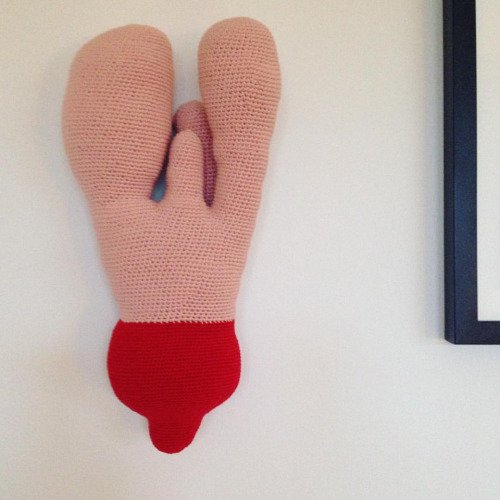
Sustainable crafts and knitting-culture
The event of the workshop was held at the opening day of the festival in February. The workshop was planned as an introduction to the craft of knitting, Faroese knitting-culture, knitting techniques and the many different knitting patterns such as the now well-known star shaped pattern seen in Sara Lund’s knitted jumper from the Danish TV series The Killing.
The organizers expected around 30 people to attend the workshop, but to their surprise 200 people showed up. Adults as well as children, and the majority of them had never knitted and had no idea how to.
However so, the workshop was a success, the participants were enthusiastic and they were even able to learn the knitting method of ‘finger knitting’, an old knitting technique often used to teach children on the Faroe Islands. According to Randi S., the high number of participants reflects very well the growing interest people outside the Northern countries have in Nordic culture of design, food and ways of living. She believes, they see something authentic, that has been difficult to find in the western part of the world where everything is becoming more and more alike.
One way this authenticity becomes visible is in the workshops focus on knitting as a craft and a sustainable craft which stands in contrast to the highly automated world we live in, in the west. To learn the skill of a craft is a sustainable act in itself while it contributes to a conscious way of living for instance as one becomes conscious to the production of their clothes, the material that goes in to it, how it is made on also under which conditions the clothes have been produced. In sum, to have knowledge about a craft can consciously influence ones relations to nature, creativity, sustainability and fairness.
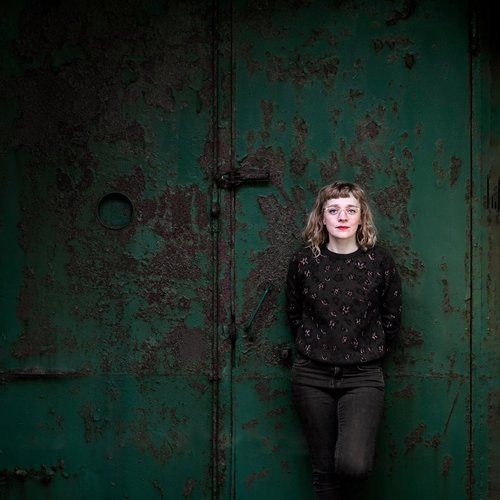
Randi Samsonsen is 40 years old, educated textile designer and has many years of experience in working with different fabrics and material. She has a particular interest in working with the duality in the soft vs. the rough, the raw vs. polished, the organic vs. the industrial.
She has always been inspired by the Faroese nature and culture and says that she often finds herself making references to the Faroese fishing industry and explains it by saying that it probably has do with the fact that on the Faroe Islands one lives in close relation to nature and sea, and because it is the country’s primary industry. It becomes a natural part of the Faroese people’s consciousness.
In describing the Faroese nature Randi describes the weather as particularly temperamental; an uncontrollable force where a single morning may experience all seasons of the year – sunshine, rain, hail, windy weather, and return to sunshine. The unpredictability affects the Faroese people for better or worse as they are often bound to say at home because of bad weather. Isolated from the outside world they are compelled to go down in pace.
In this confinement, there is also something liberating, says Randi, a freedom of creative expression and inspiration in pulling back and reflecting and wondering about oneself and surroundings. This is in part of what make the Faroe Islands and the rest of the North different from other nations of warmer climates where the weather is more predictable and you spend more time outside than inside.
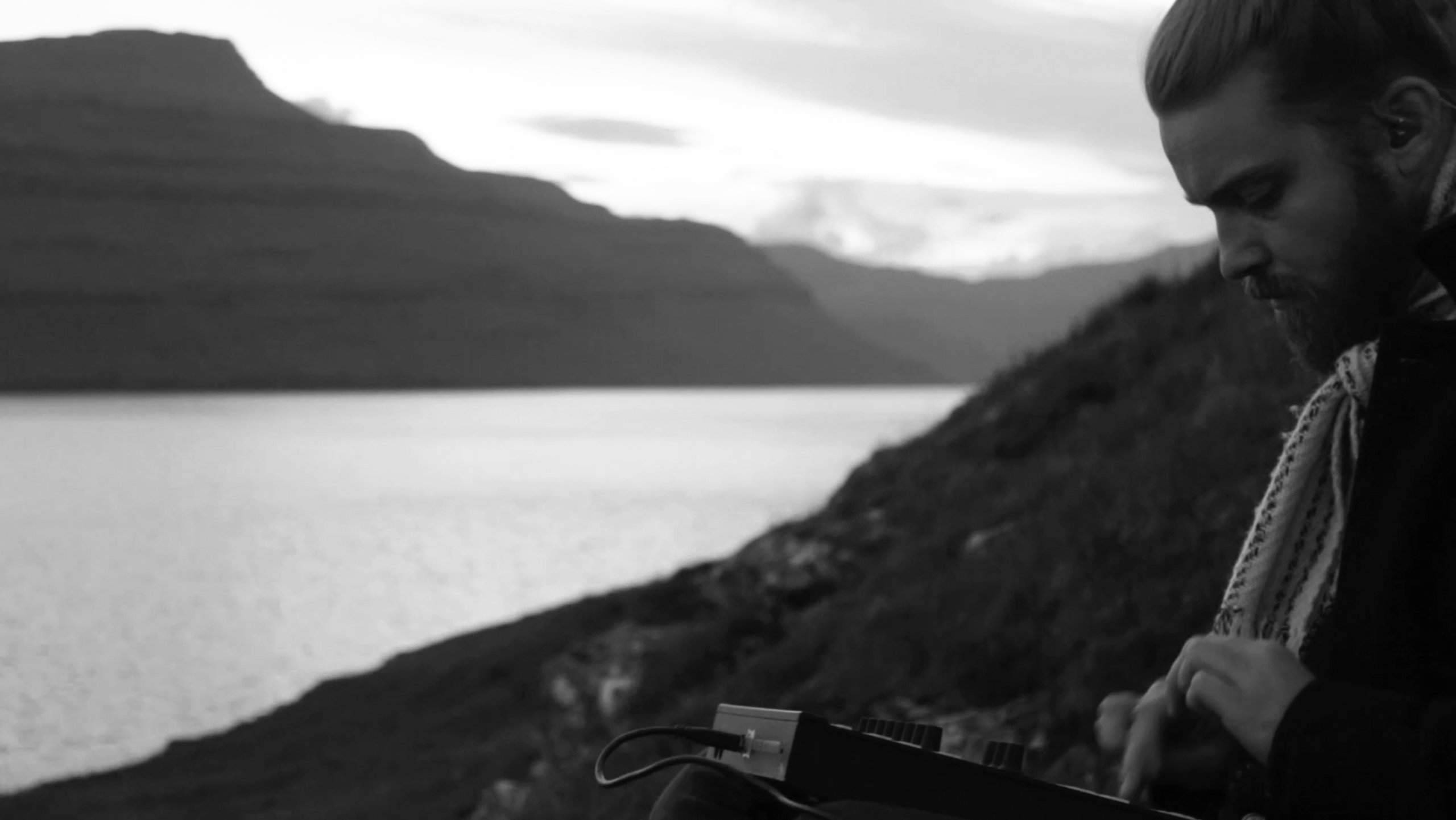
Mapping the sound of the North
Jens L. Thomsen considers himself a composer, producer and musician. Working with sound and music for almost two decades, the 37-year-old artist has a great amount of experience and competences and has worked with many Nordic as well as other European artists. The way in which he works with music is most often ‘site specific’ meaning that he works in relation to his surroundings both in terms of architecture and in terms of nature. This approach lets him be inspired by nature and it makes the process of composing music interactive and organic, to use his own term.
Known for his previous works the Southbank Centre commissioned Jens to create a soundscape that would represent the sound of the north to be exhibited in the Royal Festival Hall, where Nordic Matters is being held. In creating the soundscape he is working with mapping the Nordic countries using sound samples and mixing them to produce the final soundscape.
Inspired by the architecture of the Royal Festival Hall, especially the auditorium frequently referred to as an “egg in a box”, his idea is to create metaphorical “nest” for the “egg” to rest. The metaphorical “nest” is to simulate using sound, an image of ocean, sky and migratory birds that encapsulate the “egg”.
The sound samples have in a first step been recorded by local people of Aaland, Denmark, Faroe Islands, Finland, Greenland, Iceland, Norway and Sweden, and arranged in themes of ocean/water, fire (volcano), ice (arctic).
Then, interwoven, filtered and mixed by the artist to create a final soundscape, which will be played back through loudspeakers on all six floors of the Royal Festival Hall starting with ocean/water at the ground floor and working its way up to the sky.
The way in which the artist relates to nature, the creative play as well as the organic process in having nature as a point of reference announces a form of sustainability and authenticity. The process as sustainable comes to show in the recycling of already existing sounds in nature, as it is simultaneously authentic in the creation of a unique expression, unique to the North but also to the artist himself.
The sound installation is called NORÐ, which is Faroese for North and will be featured on the festival from April through December.
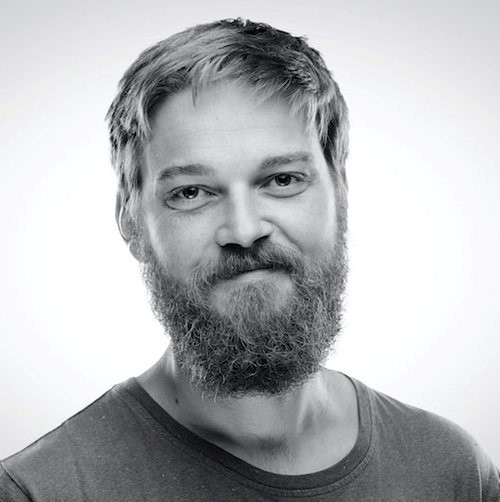
Jens Ladekarl Thomsen (1980) is a prominent musician on the Faroe Islands. He made his debut as a 22-year-old bass guitar player in the popular Faroes band, Clickhaze, and has been part of the music scene ever since. He has an undergraduate degree from Thames Valley University in Music Technology and currently lives in London where he works with music fulltime.
He has received great recognition for his work and artistic contribution both on the Faroe Islands and elsewhere in Europe. In 2006 he was rewarded the Music Technology Award by the University of West London for graduating at the top of his class, in 2010 his band ORKA were the winners of the Liet International (a platform for music of minority languages), and he has been nominated for the Nordic Council Music Prize on two separate occasions in 2009 and 2016.
To learn more about Jens and his work visit: www.jenslthomsen.com
Nordic Matters 2017 is curated and presented by the Southbank Centre. The Nordic Council of Ministers, the Nordic embassies in London and the national cultural agencies in the respective Nordic countries, Greenland, Åland and the Faroe Islands have assisted Southbank throughout the process.
The extensive artistic programme has a focus on core values of the Nordic countries such as gender equality, sustainability and children and youth.
Southbank Centre has received financial support to the festival from the Nordic Council of Ministers, the respective Nordic public arts funding institutions and the private sector.
The article is written by Guðrun Henrysdóttir, intern at DCI in Copenhagen.